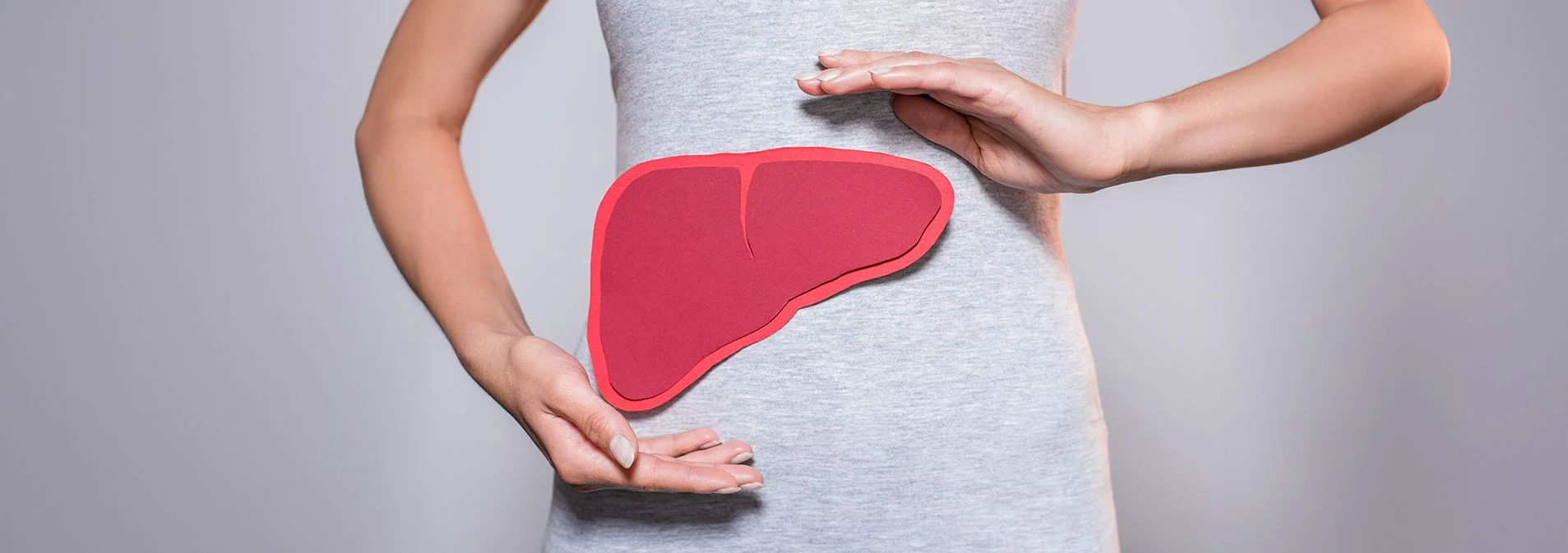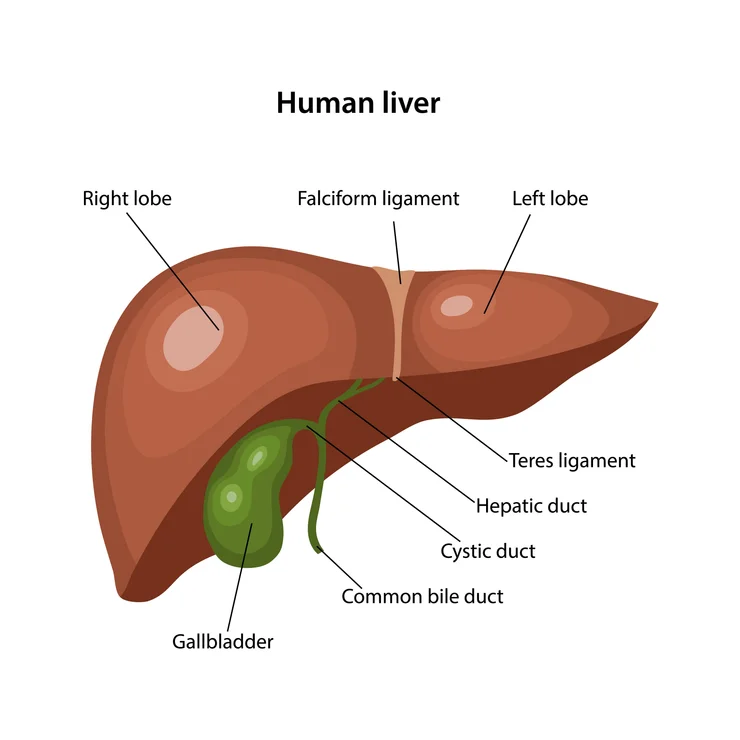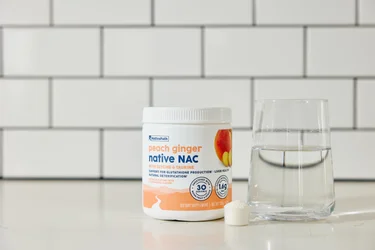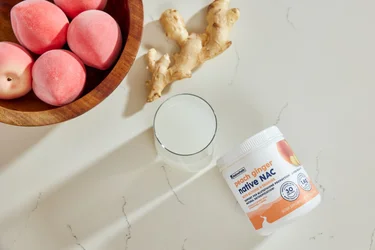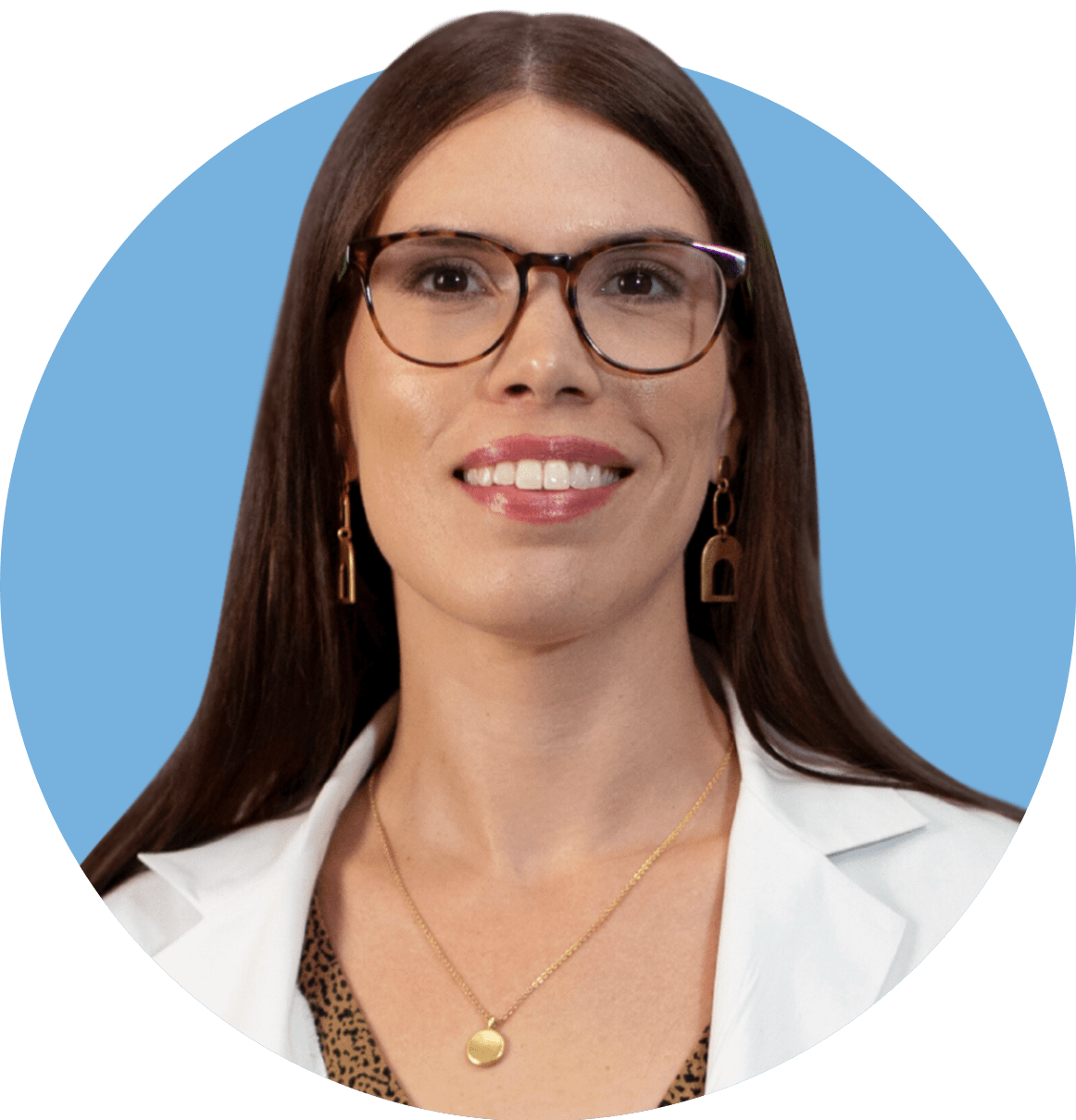The heart is synonymous with love, the brain with thought, and the lungs with breath. The liver, though, is an organ that doesn't get the attention it deserves. If your liver doesn’t work properly, your entire body will be affected. But what exactly does it do?
Your liver is basically the gatekeeper between you and anything you ingest. Whenever you eat or come in contact with anything, whether it is food, alcohol, medicine, or even chemicals, the liver processes it.
Here are five vital functions your liver performs to keep you healthy.
